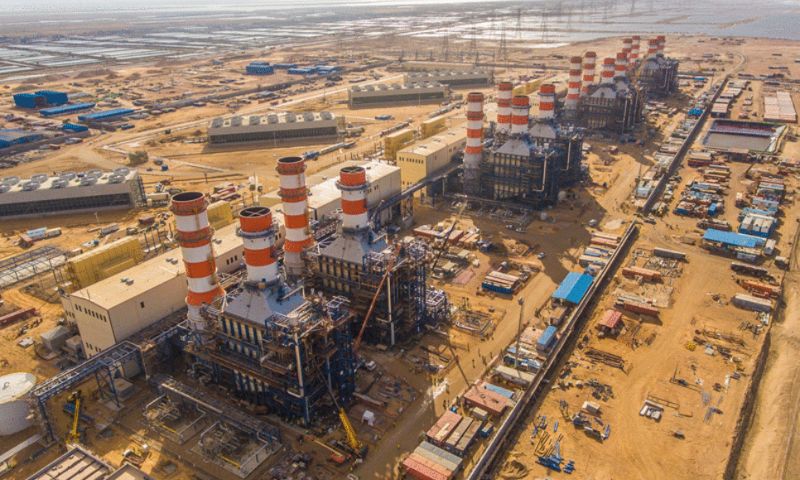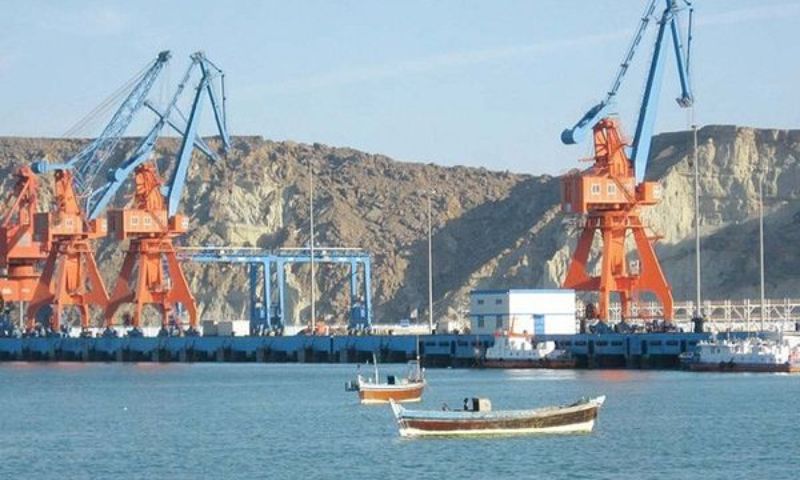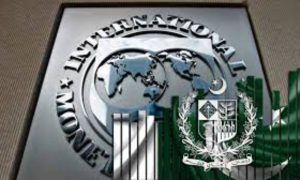The recent attack on Chinese engineers in Pakistan not only highlights the pressing concerns surrounding the safety of foreign workers, but also casts a doubt on the broader ramifications for investment within the country. Pakistan’s concerted efforts to attract international investment, particularly from key allies such as China, are significantly hampered by such incidents, which illustrate the complexities of managing security risks in the pursuit of economic progress. A comprehensive grasp of the fallout from this attack on investment in Pakistan is imperative for the policymakers, investors, and stakeholders, serving as a guide to navigate the intricate landscape of economic development, amid security challenges.
Pakistan and China are close partners, especially when seen in the context of the China-Pakistan Economic Corridor (CPEC). This project is a big deal for both countries. It is part of China’s Belt and Road Initiative (BRI), which aims at connecting different places through roads, trains, and energy projects. CPEC specifically focuses on linking Pakistan and China through transportation and energy. But there is a big problem: safety worries. People are concerned about security. Nevertheless, the specter of security apprehensions has cast a long shadow over CPEC and other investment endeavors in Pakistan, notably in regions marked by volatility such as Balochistan.
The recent attack on Chinese engineers happened in Balochistan province, where they were working on CPEC projects. They were targeted by unknown gunmen while traveling, leading to casualties. This incident once again brings attention to the ongoing security issues foreign workers deal with in Pakistan. It’s not just a local concern; it’s got the international community worried too. Such attacks make people question if it’s safe to invest in big projects, especially in areas where there’s conflict.
Deteriorating Investors’ Confidence
The attack is likely to shake up investors’ confidence in Pakistan’s security, especially for foreign investors looking at infrastructure projects. Concerns about ensuring the safety of the people and investments might make investors hesitant to put their money into the country. It could even lead to projects being delayed or canceled altogether, which would slow down Pakistan’s economic growth.
Following the attack, the heightened security risks might prompt investors to ask for more money to cover those risks when considering investing in Pakistan. This could mean that the projects end up costing more to start, which might scare off some potential investors who don’t want to take on that extra expense.
This incident highlights the importance of strong risk management strategies for the investors working in Pakistan. Companies might need to review their security measures, look for additional protections, or even rethink their presence in high-risk areas. This could affect the speed and size of the future investments.
Impact on China-Pakistan Economic Relations
The attack underscores the need for local investors in Pakistan to be mindful of risks, potentially prompting them to reconsider their investment choices and security measures. This hesitation could impact future investment decisions.
Moreover, the uncertainty stemming from the attack could dampen confidence among Pakistani businesses and investors, particularly if they perceive the country as unsafe. This could pose challenges in securing funding for vital projects like infrastructure development and job creation.
To counteract the negative effects of the attack on investment in Pakistan, coordinated efforts from the government and relevant stakeholders are imperative. Pakistan must bolster security measures in key investment areas, allocating resources to safeguard infrastructure projects and personnel.
Furthermore, the government should actively communicate its dedication to ensuring the safety of investors by implementing measures to address concerns and mitigate risks. Close collaboration between Pakistan and China, as well as other international partners, is essential in tackling security challenges and fostering sustainable investment.
Addressing socioeconomic grievances in conflict-affected regions like Balochistan is crucial for fostering stability and creating an environment conducive to attracting investment. In areas marked by longstanding tensions and disparities, addressing the root causes of grievances such as economic marginalization, lack of access to basic services, and political alienation is essential. By investing in infrastructure, education, healthcare, and job creation initiatives, Pakistan can help alleviate these grievances and promote social cohesion.
The recent attack on Chinese engineers underscores the intricate security dynamics that impact investment in Pakistan. It serves as a stark reminder of the challenges posed by security risks, particularly in regions prone to conflict. However, amidst these challenges lies an opportunity for Pakistan to reassess its security strategies, strengthen partnerships with stakeholders, and demonstrate its commitment to creating a safe and conducive environment for investment.
By implementing comprehensive security measures, improving intelligence gathering and sharing, and enhancing coordination between law enforcement agencies, Pakistan can mitigate security risks and reassure investors of their safety. Moreover, fostering stability through diplomatic efforts, conflict resolution mechanisms, and community engagement initiatives can help build trust and confidence among investors.
Furthermore, Pakistan can leverage its strategic partnerships, particularly with China and other international allies, to enhance security cooperation and share best practices in risk management. Collaborative efforts in addressing security challenges can not only bolster investor confidence but also contribute to regional stability and prosperity.
By addressing security concerns and fostering stability, Pakistan can position itself as an appealing investment destination with untapped economic potential. This, in turn, can attract foreign direct investment, stimulate economic growth, create employment opportunities, and drive sustainable development across the country.
Overall, while the recent attack highlights the complexities of security dynamics in Pakistan, it also presents an opportunity for the country to reaffirm its commitment to ensuring investor safety, strengthening partnerships, and unlocking its economic potential. Through concerted efforts to address security challenges and promote stability, Pakistan can emerge as a resilient and attractive investment destination in the global arena.


























